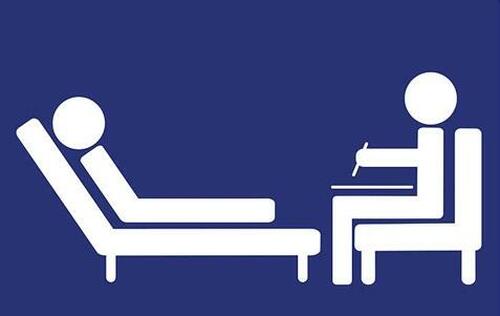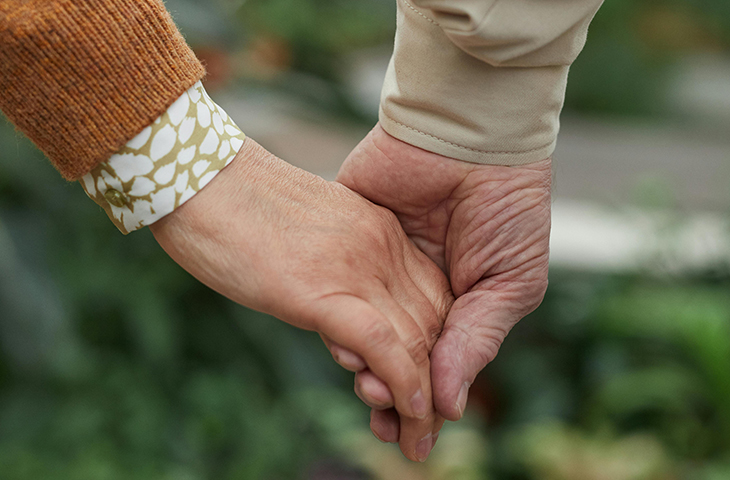It’s Never Too Late To Learn An Instrument

The recorder used to be an instrument people wanted to hear. As a 1946 article in The Atlantic explained, it gets mentioned lovingly in Shakespeare’s Hamlet and Milton’s Paradise Lost. One 17th-century English-navy leader wrote in his diary that it made the best sound he’d ever heard. The recorder was the instrument of kings and queens: Henry VIII had a collection of more than 70.
But by 1946, recorders were already commonly associated with terrible screeching noises, most often made by children. And today, few adults play them. In fact, they don’t really play instruments at all—certainly not recorders, but not piccolos or pianos either. A 2022 survey run by the National Endowment for the Arts found that about 11 percent of American adults play a musical instrument. Kids receive plenty of music education, but as people get older, they fall out of practice. Many stop picking up their instrument.
This is unfortunate, in part because plenty of research shows that adults could benefit from playing music. Doing so is neuroprotective. “It helps you build up larger brain networks and new pathways,” Daniel Levitin, the author of the recent book I Heard There Was a Secret Chord: Music as Medicine, told me. You build these pathways by listening to music, he told me, but physically playing an instrument strengthens motor pathways as well: “You’re building up a lot of brain capacity.” Musicians tend to have better attention than nonmusicians. Banging on a drum or tooting a horn can also relieve stress, reduce burnout, and help with anxiety and depression. For older people specifically, research has shown potential cognitive benefits along with a possible decrease in dementia risk.
So why aren’t more adults doing it? Part of the issue may indeed be that music education is associated with childhood and coursework. “When it looks like a school-based thing, it looks like something you age out of,” Mandi Schlegel, a music-education professor at the University of South Carolina, told me. (Another way of thinking about this: Have you ever done a math worksheet for fun?) Anybody can make music, but that notion is “taught out of us,” Michael Spitzer, a British musicologist and the author of The Musical Human: A History of Life on Earth, told me. After people grow out of music education in their childhood, they tend to think “that music is a special talent,” he said. When I tell people I play the flute, I always caution them that I do not play like Lizzo. Even though I’m very proud of my tone, I acknowledge that most people may not want to spend a lot of time listening to an intermediate flautist.
Of course, people are busy; they simply may not have the luxury of sitting down to study Bach once a week, much less the money to pay for an instrument or private lessons. Once you’ve gotten over those humps, finding others who have done the same is another challenge: It’s easy to go to a park or gym and pull together a game of pickup basketball, but piecing together people at the same skill level to play a concerto or even just jam in a garage is another matter. Few adults play musical instruments at all, and even fewer do so in a group. Which is a shame, because research has shown that playing music together has additional benefits: “We become more trusting; we feel more connected to others—maybe even more connected to the world at large,” Levitin said.
Still, I can attest that it’s worth the effort to pick up an instrument, even if you can’t do so in a group. Once a week, you can find me at my local music school, waiting in the lobby alongside the cool kids of Los Angeles. One night this past summer, my flute teacher, Derrick, surprised me with a recorder. It was partially a gag gift—I’d sent him a viral video of a man playing a recorder while surfing, and pledged to learn to do the same. But it was also serious: Derrick teaches the recorder as well, and I was touched by the gesture.
We spent most of that lesson laughing—I would get a few notes out, then burst out giggling mid-song. The recorder can sound positively medieval, like you’re suddenly in a Game of Thrones episode when you’re really just playing “Old MacDonald Had a Farm.” But I learned that it can also be lovely, and that it’s a whole lot of fun to play. I plan to keep learning, not because it strengthens my neuropathways per se (though I certainly don’t mind that), but because making music, even when it’s silly—perhaps especially when it’s silly—is just a whole lot of fun.


